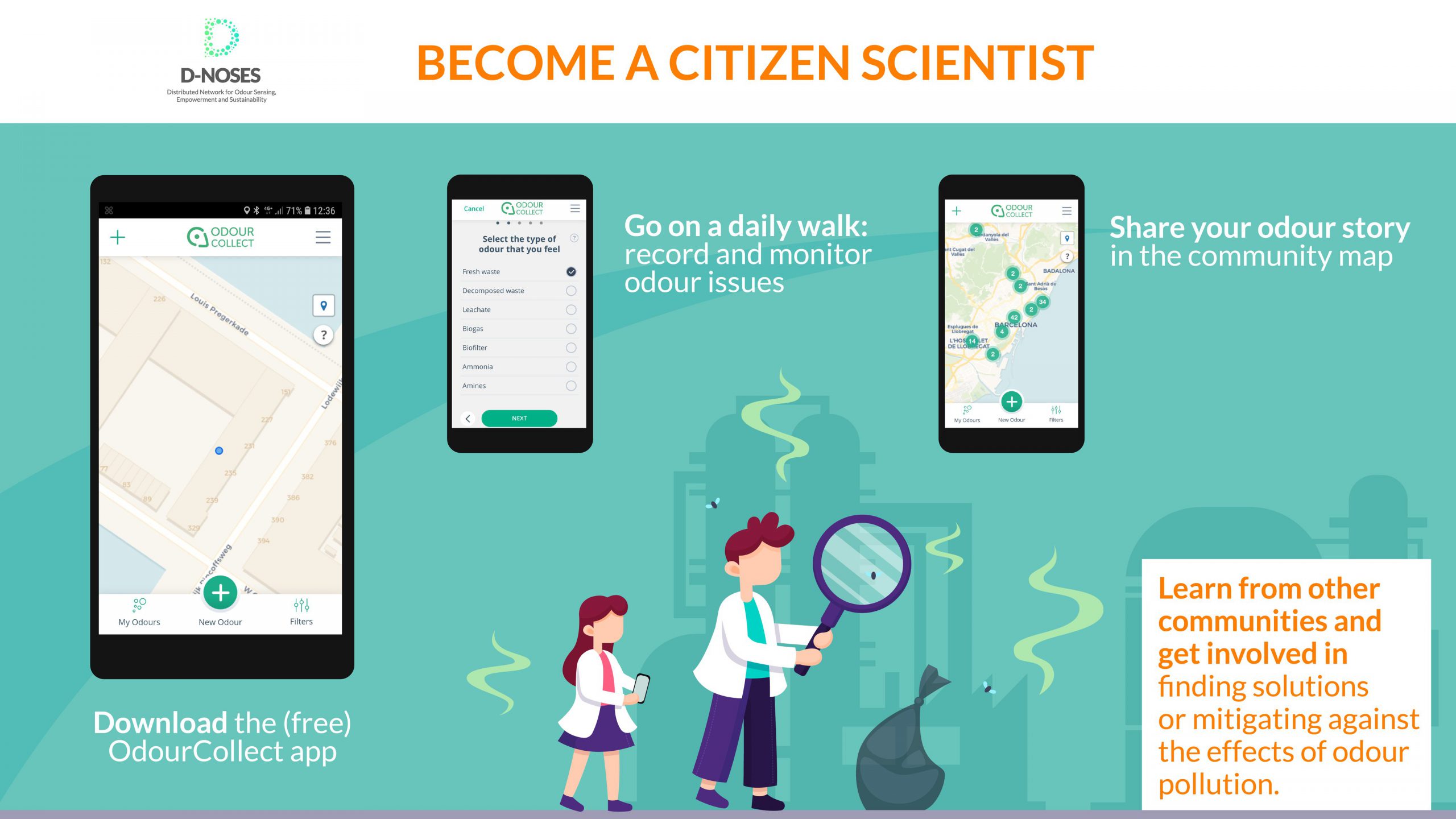D-NOSES: Inclusiveness and SDGs in Focus
Even though the promise of the impending vaccination programs has made a light at the end of the pandemic tunnel, the virus and its effects will be with us for a while yet. In the midst of the winter and rising infections, many countries continue to cope with the virus with societal restrictions and lockdowns. It is encouraging that despite the necessary social distancing, people are finding ways to support each other. A big thank you to all the essential staff around the world, from medical to sanitation, that form our front lines in this crisis. Their continued efforts and sacrifice helps to keep all of us safe and healthy.
We are happy to share the project progress with you as we near the completion of the pilot projects. The project has had some delays due to the pandemic, but thanks to the EU Commission an extension has been agreed to ensure that the project can fulfill its ambitions to empower citizens and communities to tackle odour issues in their local areas.
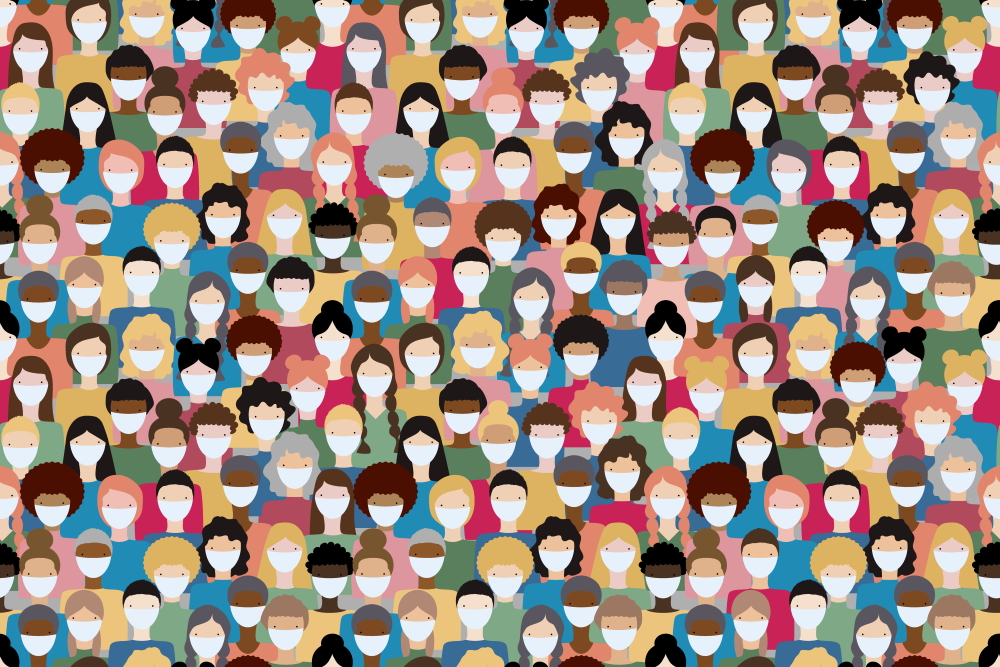
COVID-19 and Staying at home
D-NOSES cannot do more to resolve this crisis than show appreciation for those that can, but citizen science is about using the power and spirit of communities to improve their circumstances. Specifically, D-NOSES is about defending the direct environment in which we live and spend most of our time – our homes, our neighbourhoods, our cities. Not against a direct threat like the current virus, but against odours that can be a pervasive problem with nonetheless significant health and economic effects. Odour problems that unfortunately tend to single out and victimize disproportionately the weakest among our societies.
Our team understands that there are more pressing concerns, and the so-called nuisance of bad smells would seem to be a long way down in the list of priorities. Even so, perhaps we can spare a thought for those for whom staying at home is not as comfortable as for the rest of us. Please read further about how D-NOSES is helping, in its own way, to use inclusiveness and citizen science to empower citizens to help themselves. Not by working against the other stakeholders, but by working with them. Then, when this crisis is over, perhaps you can join us in ensuring that peoples’ homes remain a safe and comfortable haven, even in times of future crisis.
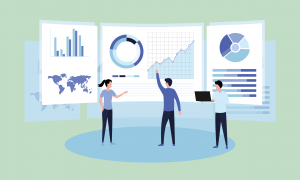
D-NOSES, Citizen Science and SDGs
One of the important issues dealt with during the Citizen Science and SDG conference October was the contribution that citizen science can make to the SDGs. To gauge this, there must be a measure of progress towards the SDG goals, which have been defined with carefully chosen indexes. These indexes require data collection, and to be practical sometimes are chosen on the basis of the available data from traditional sources. As an innovation in the area of decentralised data collection, what role can citizen science play in all this?
Inclusiveness by design
The cause of the project is odours, an issue that knows no boundaries. This could then be defined as an inclusive problem, affecting all those in its path. It requires an inclusive solution, implemented by all the stakeholders involved. It also calls for a coordinated approach across cities, regions and countries as winds will not be stopped by any man-made barriers. Explicitly, the project has embraced different models of social engagement including the Bristol Method and Extreme Citizen Science, both of which advocate for the inclusivity in the broadest sense of the word. These models talk about how to reach all social levels, both affluent and marginalised. They speak about reaching stakeholders from across the spectrum and stress the need for input and compromise from the scientific, regulatory, industrial and residential perspectives.
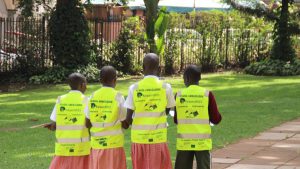
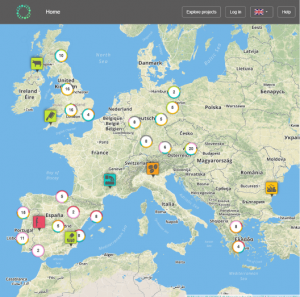
Odours around the world
The affected communities map collects input to create an overview of odour issues around the world. Each one of the problems cited is unique to their own community and circumstances, but there are also commonalities and lessons that can be learned if we can exchange knowledge and experiences from around the world. We look at some cases and discuss how the D-NOSES methods might help in these situations.
Events and Activities
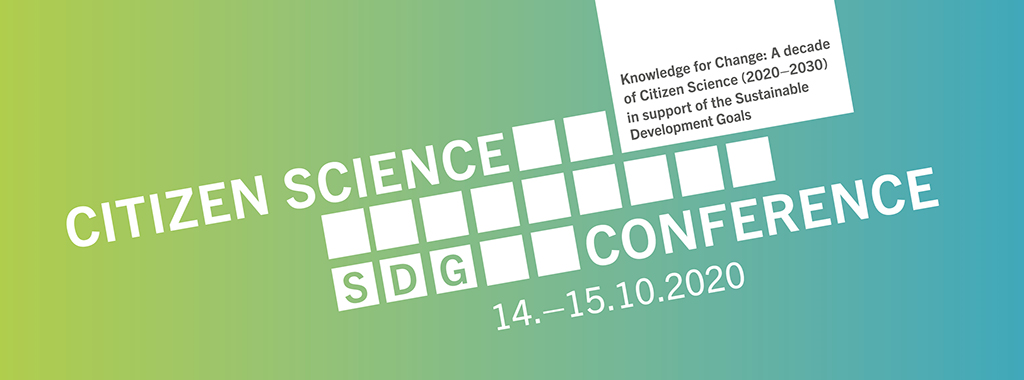
ECSA recently co-hosted the recent Citizen Science and SDG conference, held online and at the Museum für Naturkundein in Berlin. It addressed topics around citizen science such as the contributions to the UN Sustainable Development Goals, e.g. good health and well-being, quality education, life on land and below water. D-NOSES partners participated in the conference with presentations on how the methodology can improve health and well being, and the role of the international odour observatory as a platform to engage the quadruple helix stakeholders.
Thank you for subscribing to our newsletters. But before you go, please consider how you can take part in the D-NOSES process and empower your own community to resolve local environmental issues.
Want to contribute to our mission?
Report local odours impacting you and your neighbours through our community map.
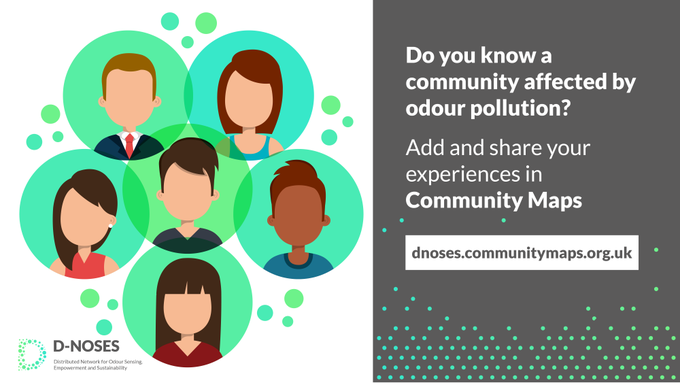
For Citizens, the Odour Collect App
The free and simple to use app allows you to report odours in your neighborhood, helping to drive the case for change in your local area.
